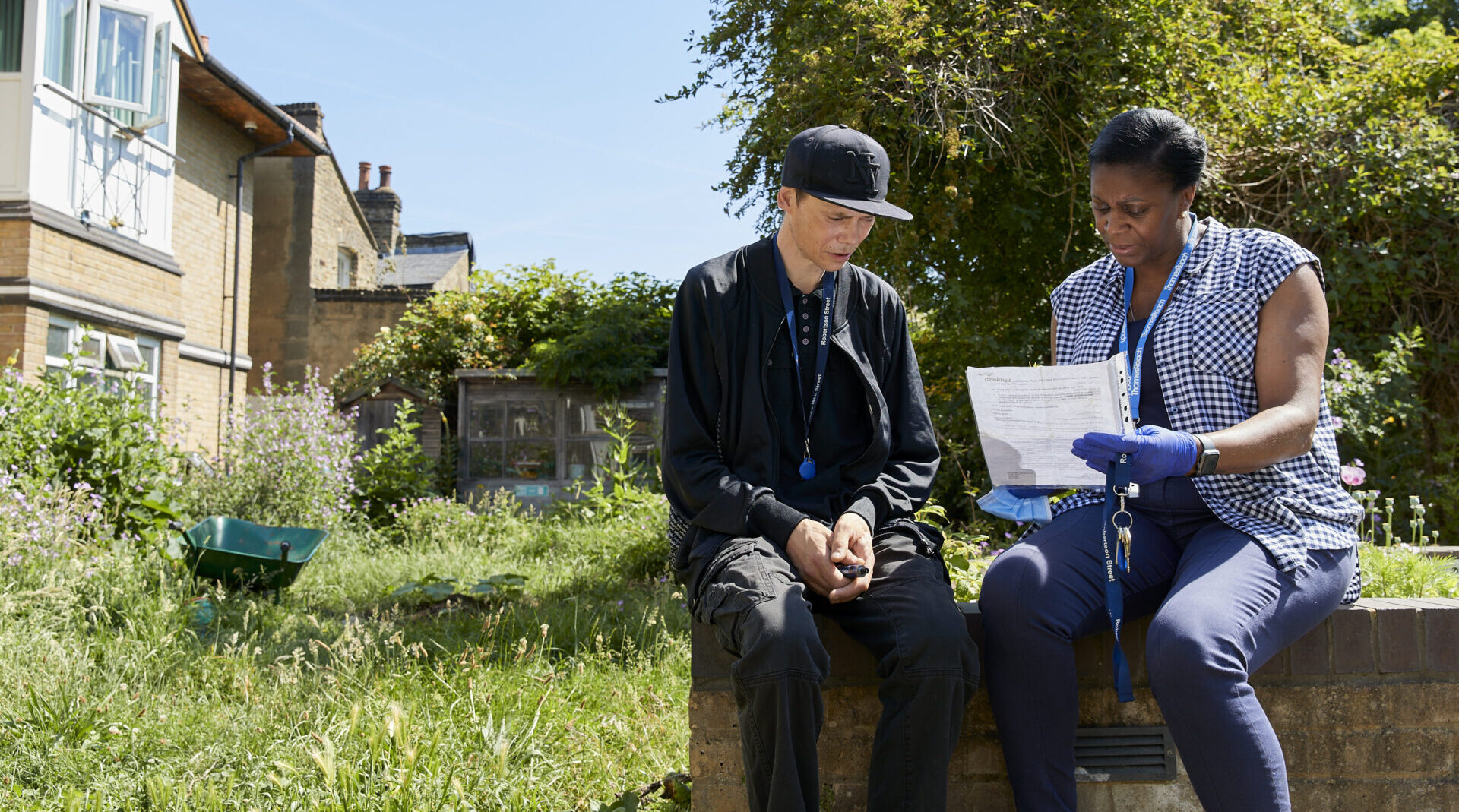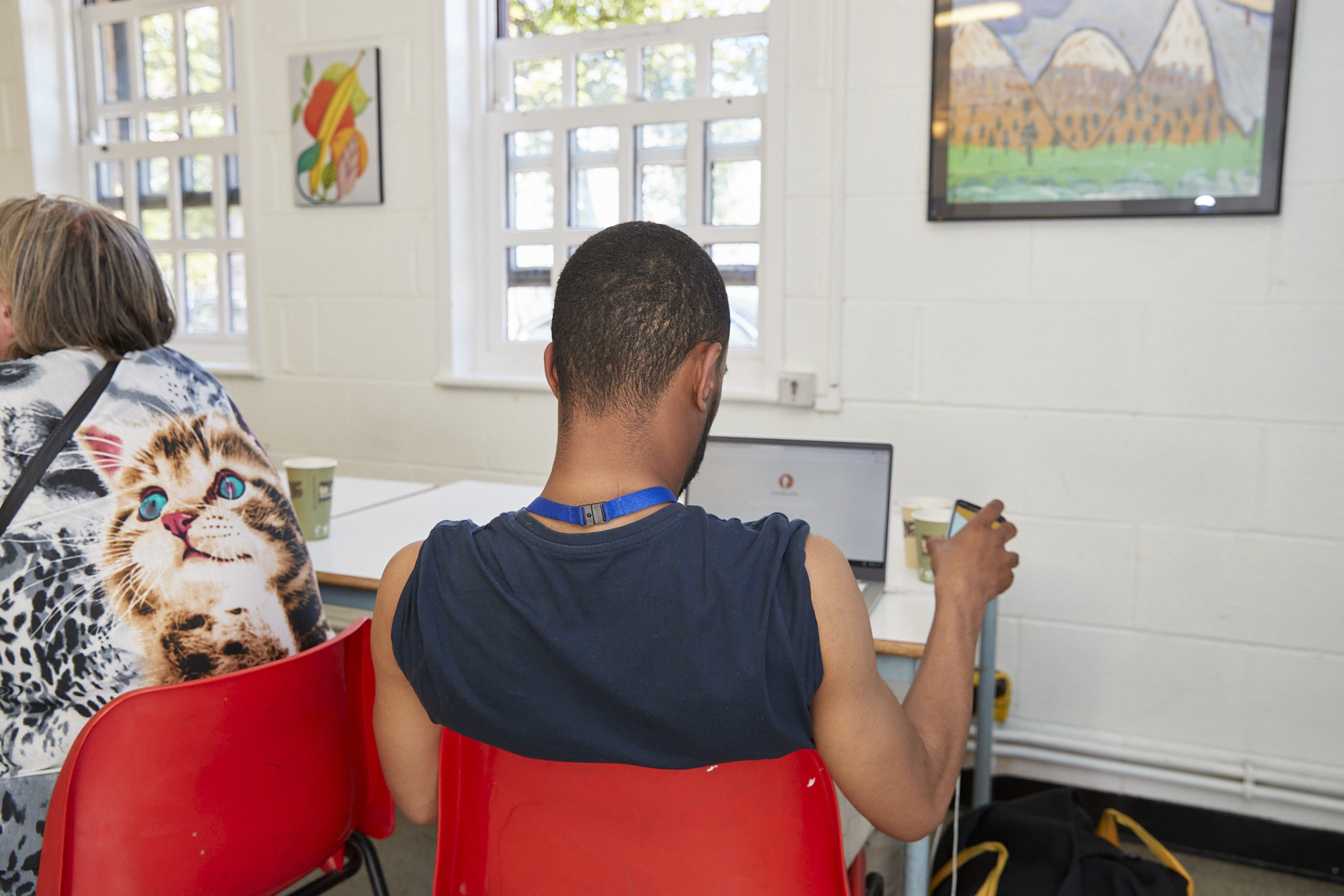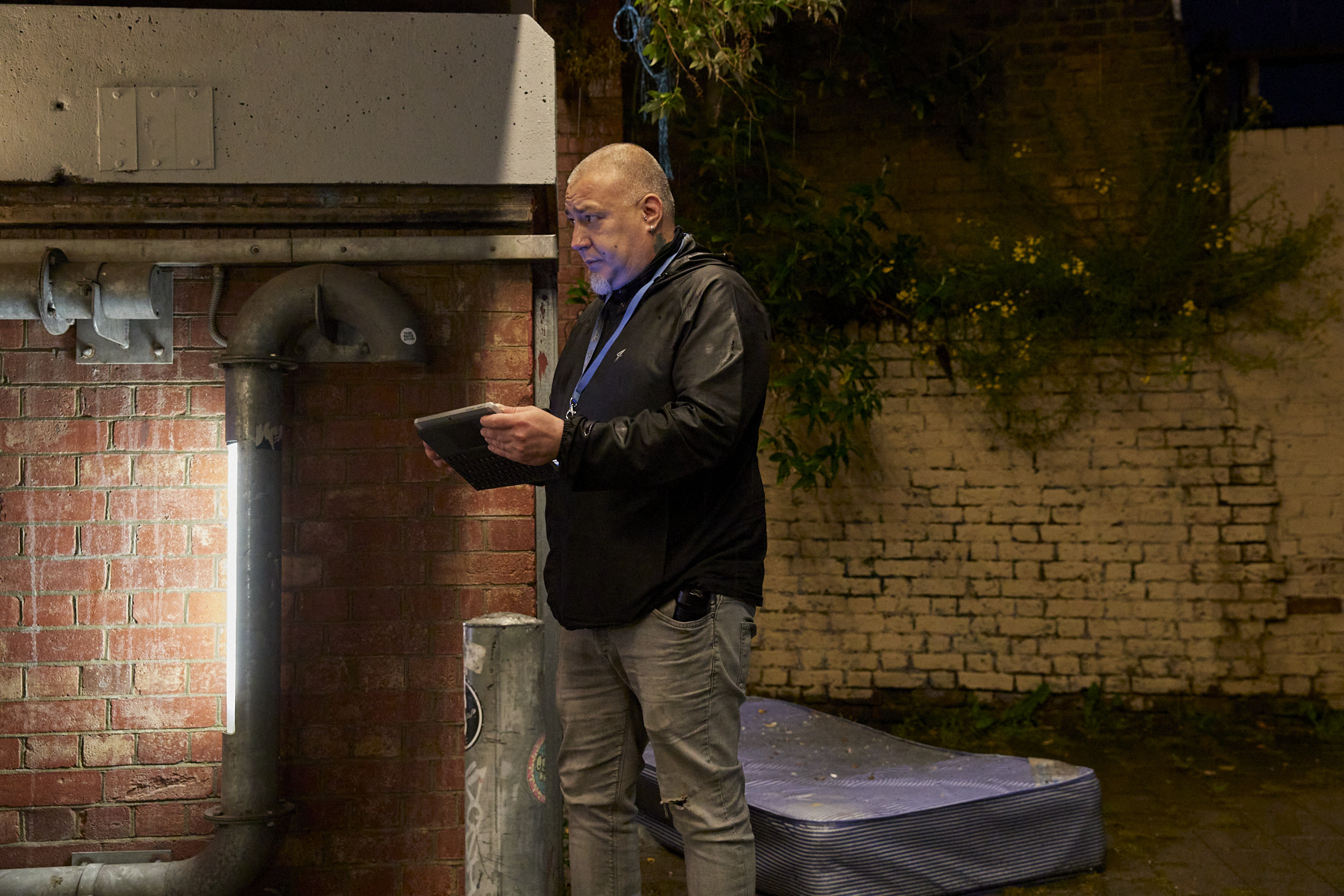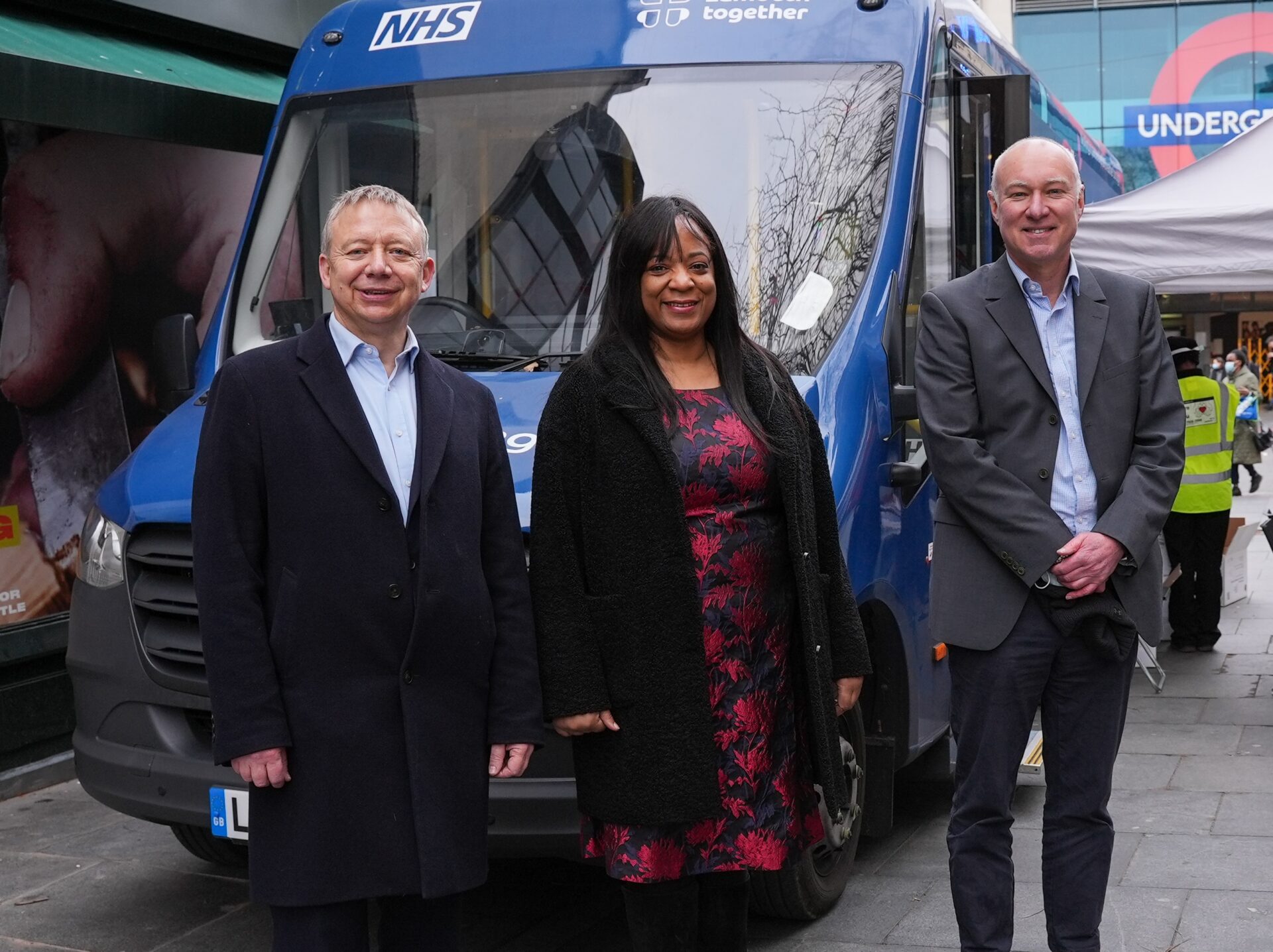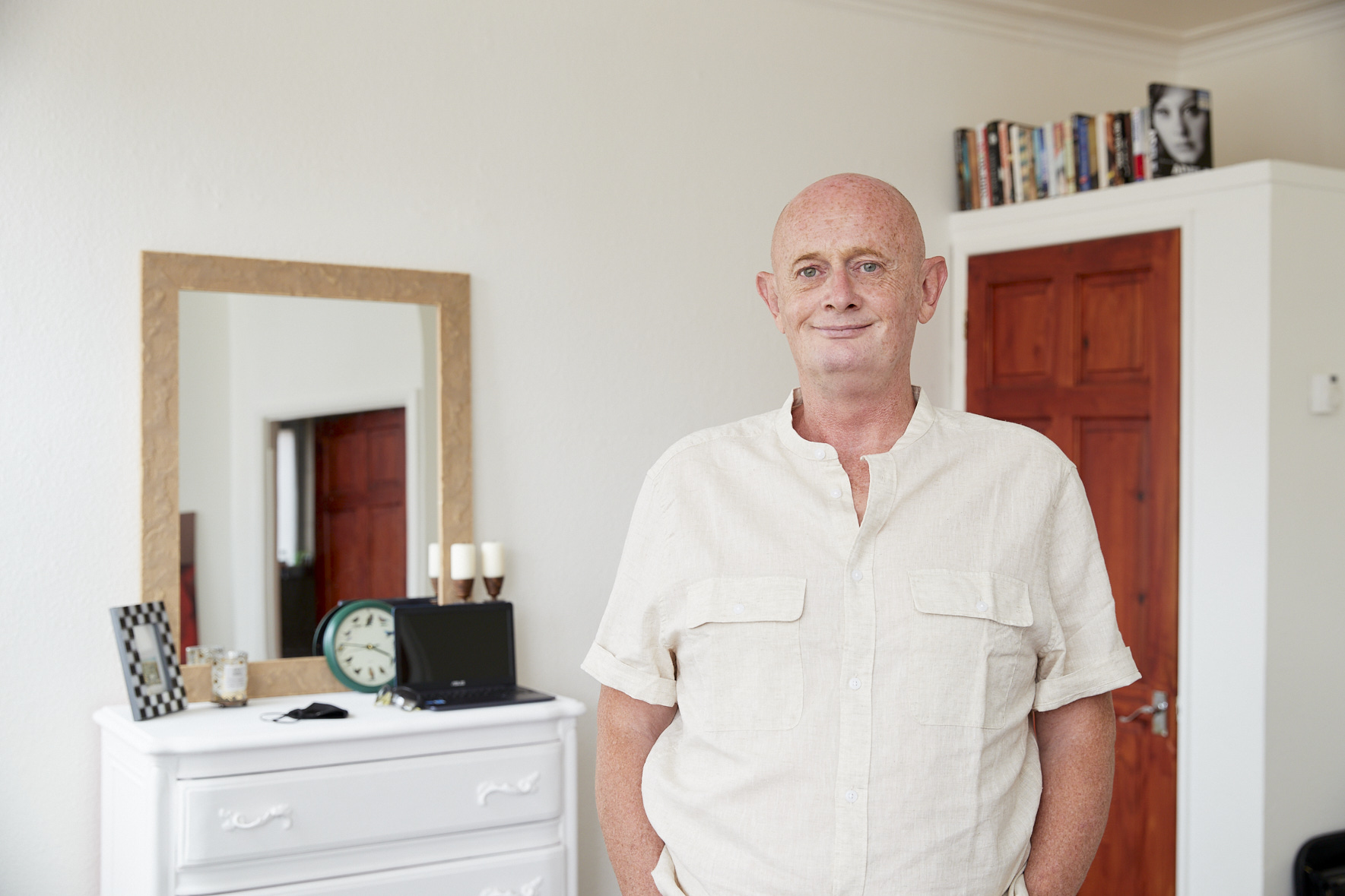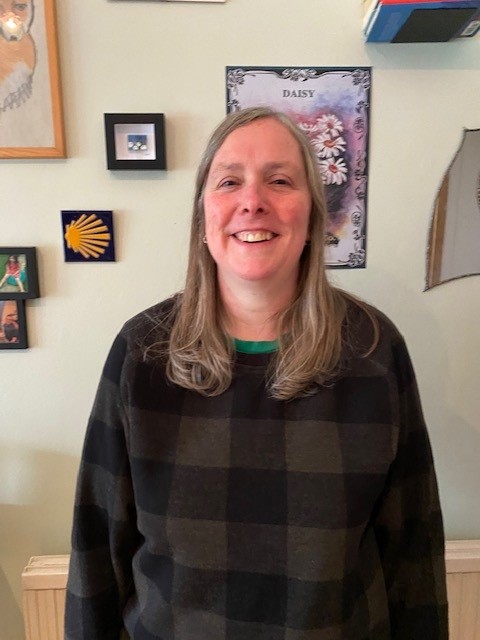Making volunteering a fulfilling and positive experience
Our new volunteer manager, Aparna, discusses why volunteering is so important in building a stronger community sharing the vision of ending street homelessness
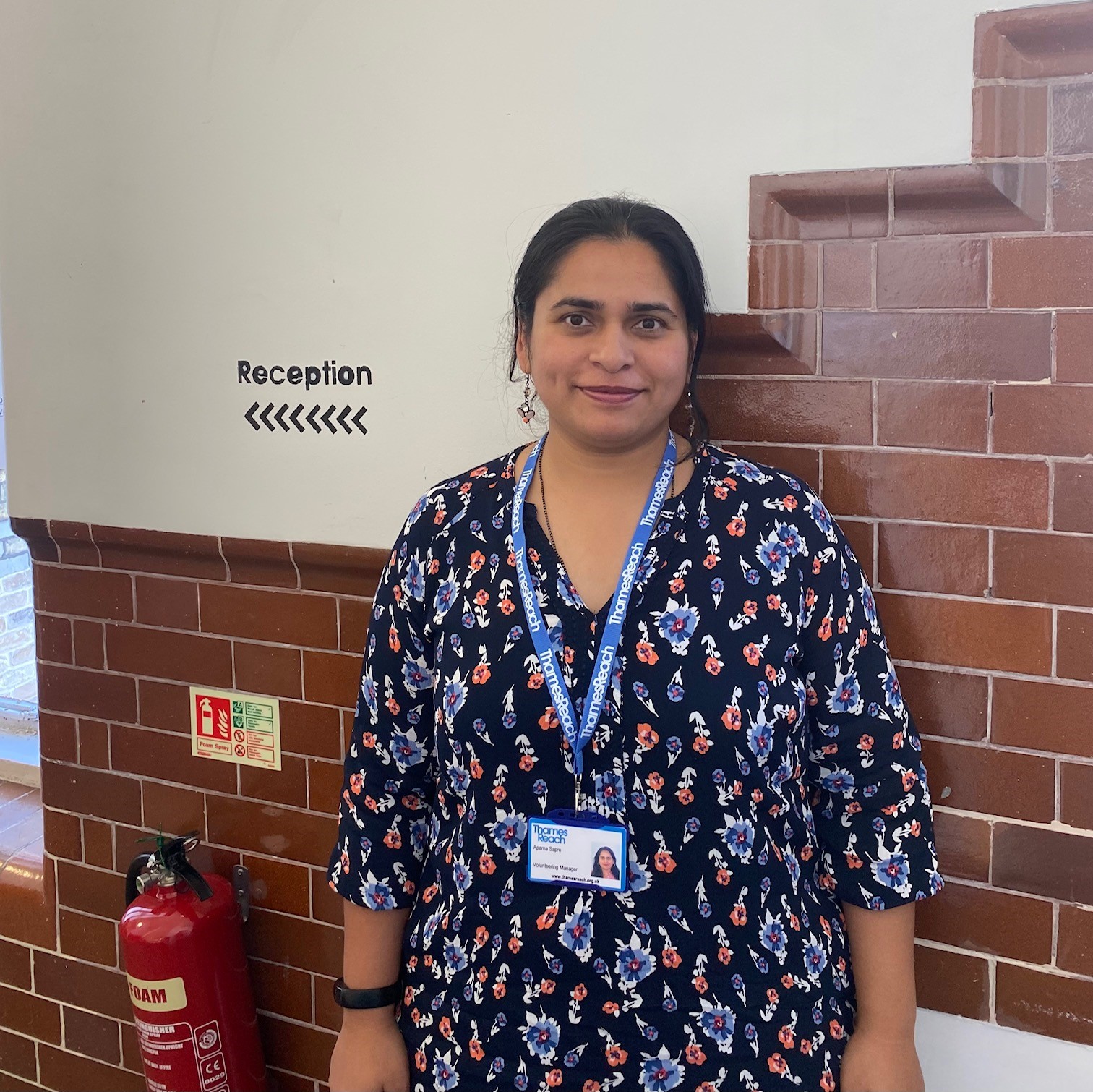
Can you introduce yourself and your professional background?
I started as a volunteer in 2008 when I first moved to this country. I was looking for work and applying for jobs, and had a background in publications in India. During an interview, the interviewer suggested I try some volunteering to gain experience here, so I joined an organisation that helps people obtain volunteer placements, and they soon hired me for a paid position, helping people through the process I had experienced. I learned everything from scratch. Since then, I have really enjoyed working with volunteers and helping people get the placement that is best suited for them; I have developed volunteer programmes, practices, and procedures. Understanding what makes a good volunteering experience is a big learning experience, and an exciting one.
What do you enjoy most about working with volunteers?
One of the main reasons I love working with volunteers is that I understand that everyone has a reason for volunteering, the same way I did when I first started out. I make sure volunteers and teams alike ask themselves what it is they want to achieve. Corporate groups volunteering with us gain experience of working in a team as well as leadership skills, and empathy and compassion towards different issues and causes. It’s real life and career experience. Young people, or someone at the start of their career, can learn things that they don’t teach in schools – for example I worked with someone who was training to be a doctor, but charitable work taught essential caring skills that aren’t in textbooks. I really enjoy seeing people grow in their roles too; sometimes people will arrive with little confidence, and then build it while volunteering.
Aside from the life and career experience you’ve just mentioned, what do you believe to be the other benefits to volunteering?
The personal and professional development shouldn’t be underestimated. These placements provide the opportunity to integrate into the community in a way that can be difficult otherwise, especially in London. You can really feel part of something positive and develop a good understanding of culture and people in our communities. Particularly in Thames Reach roles, there is a good opportunity to empathise with people.
Can you tell us about the volunteering roles currently available at Thames Reach?
The most popular and always in demand are outreach roles. Thames Reach are best known for outreach across London, and these late-night shifts always need volunteers to support staff in finding and recording people sleeping rough, before helping them off the streets. People should commit to one shift per month, but are welcome to do more if they would like.
In our Employment and Skills team, we are looking for volunteers to assist the process of guiding people through the process of getting back into work and identifying strengths and weaknesses. For these roles we require a commitment of at least three months, ideally six months, as the people we work with need consistency, and we need people who are passionate about helping others and contributing to our vision of ending street homelessness.
Larger groups such as corporates are always welcome; we see them regularly returning to get involved with projects such as gardening at our hostels.
What are your plans for the volunteering programme?
I will be making sure we are able to define the volunteer journey, making outcomes easier to identify and making a strong connection between the team and the volunteer so that everyone is gaining what they need from the placement. I will also be looking to increase the number of volunteers we have and look at pathways into employment from our volunteers especially those with lived experience.
I am working on making sure all application forms are digital and fully accessible, while also acknowledging that digital literacy is not a given, so there will be support available to make sure anyone who wants to volunteer with us is able to make that application.
I will also be working collaboratively with peers in the charity sector to raise the profile of the benefits of volunteering with us, with the ultimate aim of increasing our volunteer numbers and ensuring a positive and fulfilling experience for all involved.

